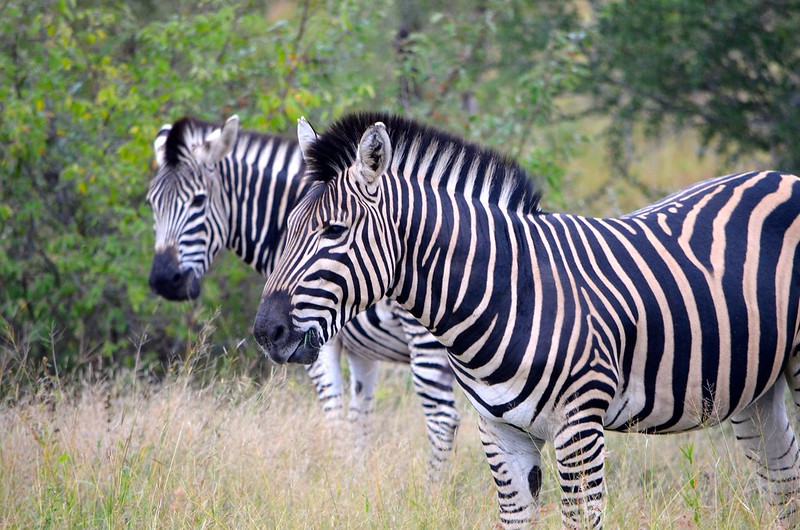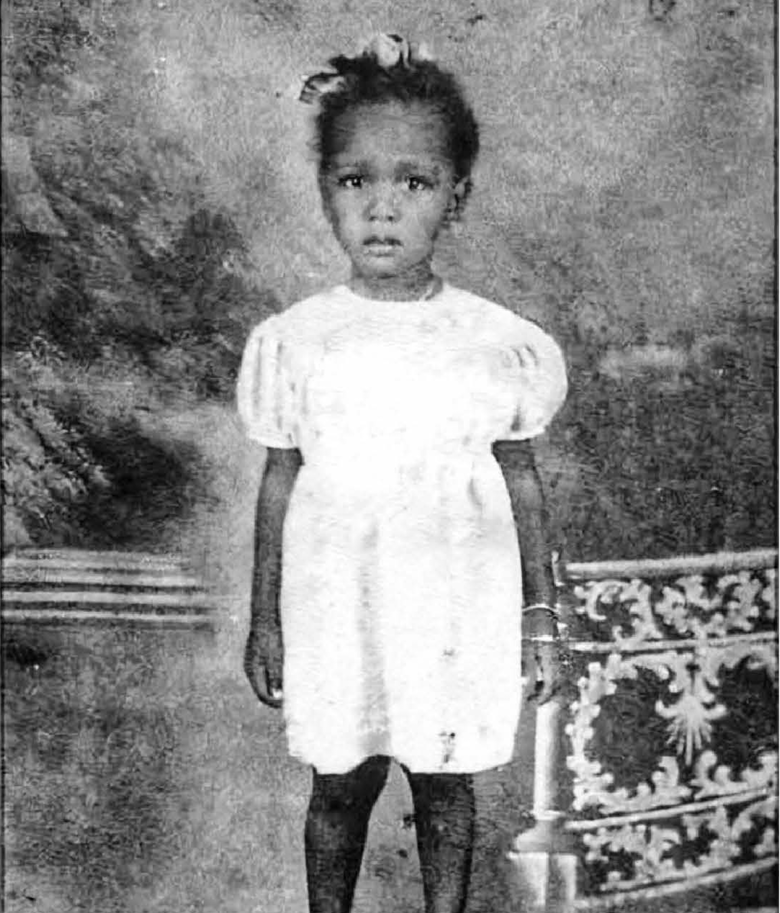We traveled as a group to Kenya on assignment to photograph zebra in complete abstraction, or the pores around the elephant’s flickering eyelid, or herds of giraffe clustered around salt licks like politicians deciding the fate of the country. We also drank. Fred, a Texan beer-sipper, always used a longer lens than the job needed. He worked in advertising, which meant that an assignment like this was his big chance to express himself. Franco bore his drink and our presence sardonically, a finger to the ear and always a story to accompany his glass of wine, usually about a donkey and metaphysics. It wasn’t a donkey after all was often the punchline. He was important enough that he could invite Heinemann to tag along on the trip. Heinemann’s wife was tending to an extremely pregnant NGO daughter, an activity that offered little for him, he said, personally. He was a professional magician elsewhere, not a photographer. But he was also very adept in the academic world, with an air of abstraction that suggested he had cleared collegiate hurdles in boredom. He drank vodka well. As for me, I drank gin and tonics as if they would stop malaria in its tracks. I had a name in photography, but after shooting the body for decades, my work had begun to disappear. A woman the men’s age, I had become invisible, as if I were left in too little fix.
Photography made Heinemann uncomfortable; he was an expert in everything else, or else he pleased his friend Franco by demurring to his opinion. The rest of us declaimed as if we knew every ABC in the book, but really Heinemann was the one we all envied with his academic paycheck, as evidenced by our earnest critiques of his amateurish attempts at taking pictures. Your gloating hyena is too hackneyed, we argued, the baobab against the sunset too obscene, and the dancing women adorned in beads and gold cloth are far too pretty to be pithy. Heinemann laughed and pulled a coin out of Fred’s ear. Advertising! he exclaimed. He settled on photographing the steam pouring over the car engine.
We were waiting for someone to Land Rover us a replacement part to eliminate the steam Heinemann thought so atmospheric. I stayed seated in the back, clicking away out the window, having to pee. The savannah, offering a complete 360, did not permit such privacy. Franco snapped several hundred panoramas with various antelope loping along, and a few snapshots of the cheetah that had lured us there in the first place, asleep on a branch. After an armed man walked five miles to deliver our car part, Franco shot the lioness that was steadily moving closer. Good taste, I said when she raced after an eland instead of us. Franco cleverly didn’t mention a donkey. Fred took a nap and no pictures at all.
We returned to the city, where it was too dangerous to go out at night. We tested the infrared on the skyline and the dark portrait of Elvis that hung in the long corridor that led to our rooms. Fred, a bit looped, snapped his camera in front of mine, the lens as unsteady as his long Texan legs, then he fumbled at my lock instead of his.
Should I be flattered? I asked.
Fred eyed me, the lock, his key, then shuffled on down the corridor.
The next morning, Franco was the only one who responded when I screamed at a red frog perched on my toilet. Aren’t you the lucky one? he said.
Franco had many systems for luck. Sometimes it consisted of a lucky second cup of coffee or a search for a rock to kick. What is art, Fred argued with him, drunk at lunch, but an unlucky heart you have to break every time?
You need something to break, agreed Franco.
I held that art sat inside every moment like a seed ready to put out a root. It was justification for an arbitrariness I liked to exercise that produced few good pictures, but those were good, really good, and that really annoyed them, even Heinemann. It’s freedom you really want, I said. Freedom to play. Not breakage.
By then we were picnicking beside the truck, a hundred miles from any town, our tents made up by professionals steeped in zoology far in excess of any tourist interests. They’d spent all their lives, before and after several years of schooling, tracking animals. Watching the lead guide clean the gun he used to protect us, Heinemann said, What freedom? I mean, what freedom is there for them?
The guides lost the ability to understand English when they were referred to in the third person. They found tasks at the edge of the tent line that I had just finished photographing. After a year of revolution, their country has just written a new constitution, I said, putting my camera in its case. That’s impressive.
A constitution? That’ll definitely curtail freedom, said Fred, who sided with Heinemann and Franco at all costs.
Politics make for easy art in struggling democracies, I said. Diamonds in the ashes.
Heinemann laughed. A grey smear decorated the front of his sweat-soaked shirt. At lunch, his cigarette’s ashes had fallen onto his shirt when he play-hopped the rabbit he’d tied out of his napkin. But he laughed now as if he enjoyed my baiting, in opposition to the other two, who greeted it stoically, as if real laughter would acknowledge my presence.
The guides served dinner, bits of stew meat said to be part of the scenery. I got into a chat with Heinemann about dams and the environment. He was attracted to me. There could be no other reason why a man would listen so long to my points. I would test him, I would ask him about himself at age thirty and see if he could respond without going into a soliloquy.
I was working with The Rolling Stones, doing a group biography. He lit a new cigarette. And you?
I tried to hide my surprise.
On our way back from the savannah, we stopped at a college without students. They had set the campus afire the week before over the dismissal of a professor, and everyone was forbidden to attend classes. Only the professors were coming to hear us talk about photography, and they were anxious in their time off, anxious that no students should see us conducting a class without them. Fred commented on the students’ fervent commitment to education, in contrast to our sons’ and daughters’. Heinemann said it was all in the advertising.
Five or six portly men in dark suits and one very thin young man—with tenure, he said to reassure everyone that he wasn’t a student—filled the first few rows of the auditorium. Fred showed them how to manipulate light meters no one used anymore, trying to pass the information off as fascinating instead of arcane, I spoke about light and shadow, Franco broke the projector, and Heinemann made a dog silhouette against its bare spotlight. We were more than a little off after all these days together. The professors politely tittered. Afterward, they asked few questions.
Outside the classroom, where the sun was beginning to leave the struggling plant life alone, we waited for Heinemann and Fred to finish smoking their cigarettes. I have one more trick, said Heinemann, stubbing his out. But I need a volunteer.
I had asked him to photograph my foot the night before: a white foot covered with the blackest dirt up to the ankle, the sole clean, a paradigm of the Caucasian in Africa: our feet had not touched ground. And of course, these days, my foot was my best feature.
I stepped forward.
Heinemann took my shawl and told me to lie on the cement walk. I faux-obeyed—there was no other word for it. Unlike artists or academics, magicians always order, subjects follow. He turned and tucked an empty water bottle under his arm, inside his coat. Then he announced to the assembled he was going to decapitate me.
Not too hard, I suggested.
He smiled.
The professors, having followed us out of the classroom, stopped talking amongst themselves. I don’t know whether they looked shocked or blasé—another white man with tricks?—because by then he had swirled the shawl over my face and shoulders. I could only smell Fred’s cigarette, clove, wafting somewhere above me. I was trapped: prone, silent, and under the spell of a man.
A trick straight from Mumbai, Heinemann announced, since everyone had quieted. Indian magic was his speciality, he explained. He spoke of how usually he used a few squibs of blood to make this even more frightening. Then he gripped and twisted my head hard, producing a terrible grinding sound right beside my head. I screamed.
A second later, I sat up, the shawl falling to my elbows. Whatever he had done, he must have been convincing. Most of the Kenyans were in shock; even Fred had his hand over his mouth. Heinemann showed us how he had crushed the water bottle under his arm for the sound, and everyone laughed with relief.
Do you have any brains left? asked Franco.
Of course, no one took a photograph of the event, and Heinemann wouldn’t do it again—the professors were disturbed. We were hustled out of there at a clip.
But Heinemann had actually physically touched me. I counted that as my conquest, my scream as confirmation. Art is play with desire, and desire always comes down to touch.
Terese Svoboda published her eighth novel, first speculative, Roxy and Coco, and her third collection of fiction, The Long Swim, in 2024. Hitler and My Mother-in-Law, her second memoir, will be published this October.




